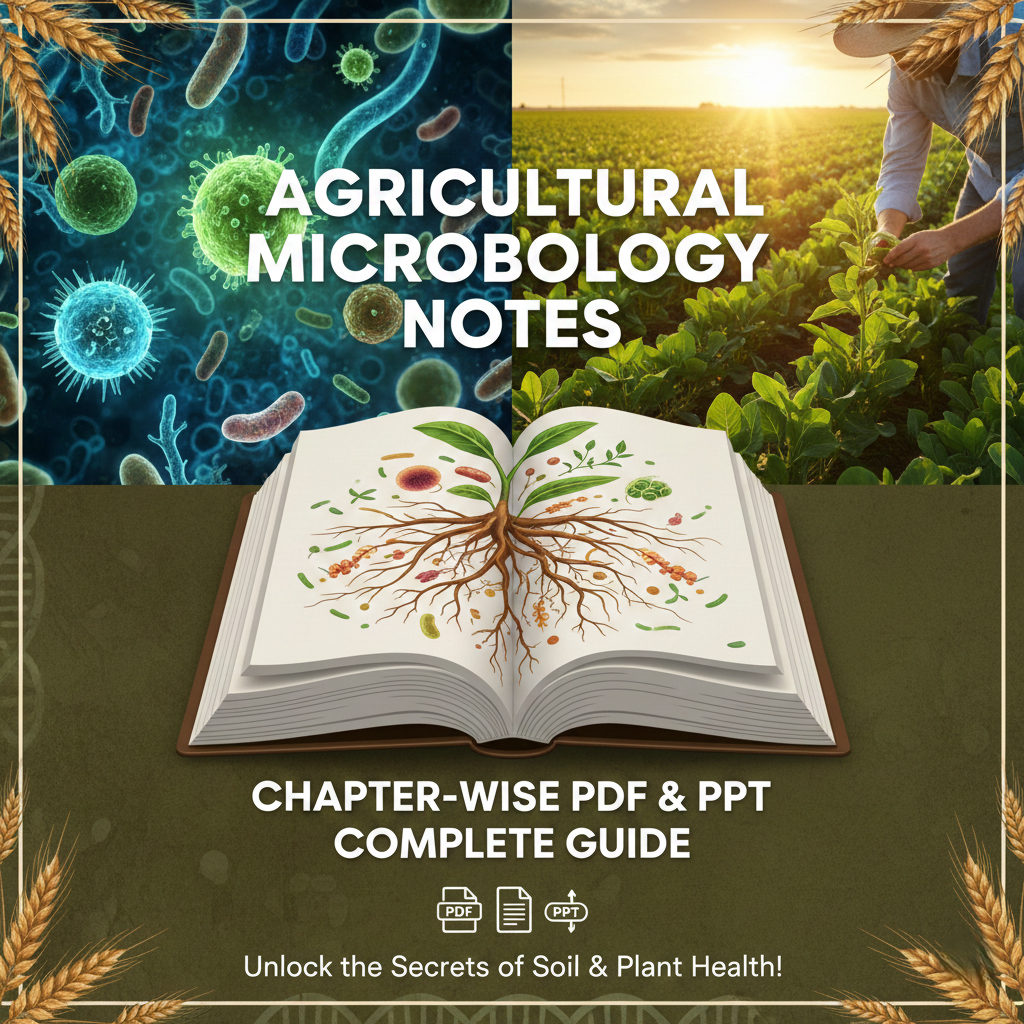The Assam Public Service Commission (APSC) conducts the Agricultural Development Officer (ADO) examination to recruit candidates for agricultural development roles within the state. Below is a comprehensive overview of the exam pattern and syllabus:Pasteur Institute of India
Exam Pattern
The ADO examination consists of two objective-type papers:Pasteur Institute of India
- Paper 1: General Studies
- Paper 2: Agriculture
Each paper carries 100 marks, with a duration of 2 hours per paper, totaling 200 marks.Pasteur Institute of India
Detailed Exam Structure:
| Subject | Questions | Marks |
|---|---|---|
| Paper 1: General Studies | ||
| Current Events (National, International & State) | 20 | 20 |
| Indian Economy & Five-Year Plans | 10 | 10 |
| Constitution of India | 20 | 20 |
| World Geography (including India & Assam) | 20 | 20 |
| History (World, India & Assam) | 20 | 20 |
| Role and Impact of Science and Technology (Indian Context) | 10 | 10 |
| Total for Paper 1 | 100 | 100 |
| Paper 2: Agriculture | 100 | 100 |
| Grand Total | 200 | 200 |
Each paper is of 2 hours duration.
Syllabus
Paper 1: General Studies
- Current Events (National, International & State):
- Significant developments and events at the national, international, and state (Assam) levels.Pasteur Institute of India
- Indian Economy & Five-Year Plans:
- Economic growth and development strategies, planning commission policies, and recent financial reforms.Pasteur Institute of India
- Constitution of India:
- Fundamental rights and duties, governance structure, constitutional amendments, and roles of different branches of government.Pasteur Institute of India
- World Geography (including India & Assam):
- Physical and political geography, natural resources, climate patterns, and environmental changes, with a focus on Assam’s rivers, forests, and biodiversity.Pasteur Institute of India
- History (World, India & Assam):
- Major historical events, independence movements, regional developments, ancient civilizations, medieval kingdoms, freedom struggles, and Assam’s cultural heritage.Pasteur Institute of India
- Role and Impact of Science and Technology (Indian Context):
- Technological advancements, agricultural innovations, space missions, government research programs, and their influence on daily life and national progress.Pasteur Institute of India
Paper 2: Agriculture
Based on the B.Sc. Agriculture standard, covering topics as per ICAR and AAU, Jorhat guidelines:Pasteur Institute of India
- Crop Production:
- Farming techniques, crop rotation, organic farming, and pest control.Pasteur Institute of India
- Soil Science:
- Soil properties, classification, fertility management, and conservation.
- Plant Breeding and Genetics:
- Hybridization techniques, crop improvement, and genetic engineering.
- Agricultural Engineering:
- Farm machinery, irrigation methods, post-harvest technology, and sustainable farming techniques.
- Horticulture:
- Cultivation techniques for fruits, vegetables, and floriculture crops.Pasteur Institute of India+1APSC Study+1
- Plant Pathology and Entomology:
- Plant diseases, pest management, biological control methods, and understanding disease symptoms.
- Animal Husbandry and Dairy Science:
- Livestock management, breeding techniques, dairy production, poultry farming, and veterinary sciences.Pasteur Institute of India
- Agricultural Economics and Extension Education:
- Market structures, pricing policies, rural development programs, farm management principles, and government agricultural schemes.Pasteur Institute of India
- Soil and Water Conservation Engineering:
- Water resource management, erosion control, drip irrigation, watershed management, and rainwater harvesting.Pasteur Institute of India
For a detailed syllabus and official updates, candidates are advised to refer to the APSC official website.
Note: The information provided is based on the latest available sources and is subject to change. Candidates should verify details from official notifications.








